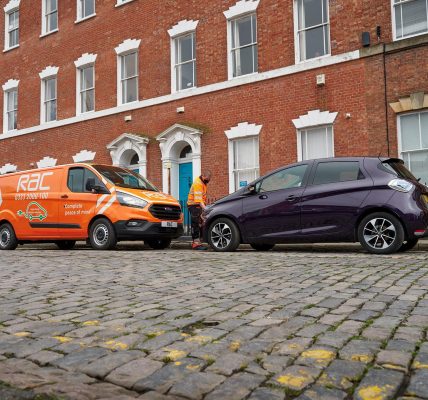EV drivers overspending by £281 million by not switching suppliers
Electric and hybrid car owners are spending millions more than necessary on charging costs by failing to think about their home electricity tariff.
Household energy bills are set to rise in April as suppliers take advantage of the rise in the price cap set by regulators but many EV and plug-in hybrid owners could already be paying over the odds by failing to select the right tariff for their home charging needs.
According to research by comparison site Rightcharge.co.uk, some EV owners are already spending more than £300 a year too much on charging and could be hit by a further £57 increase from April.
The site looked at the cost of charging an electrified vehicle for 7,400 miles of driving on a standard variable tariff from the big six energy companies and found that it would cost an owner £481 to charge their vehicle, rising to £538 from April.
However, by switching to a EV-friendly tariff with low overnight rates, drivers could pay as little as £170 a year.
Many power companies now offer rates aimed at EV owners which charge a lower price per kWh during low-demand periods such as overnight. While the average UK unit price is 14.4p per kWh, the cheapest overnight rates can be as low as 4.5p per kWh.
With around 450,000 plug-in vehicles registered, Rightcharge’s data suggests drivers could be missing out on up to £281m in savings.
Read More
Public EV charging rates vary by up to £30 for the same charge
Charlie Cook, founder of Rightcharge.co.uk, says: “Energy price rises mean many consumers will want to look for a tariff better suited to their needs. And those who can charge an EV at home can reduce the total energy bill by switching to EV-friendly energy tariffs, which are so cheap compared to a standard tariff. Saving £623 is a huge amount for those households, let alone their domestic use savings.”
“We believe there are many electric car drivers in the UK who don’t realise how much money they could be saving. As more and more drivers decide to switch to electric vehicle motoring, it’s important that they enjoy all the cost savings available to them – and that includes home charging costs.”










